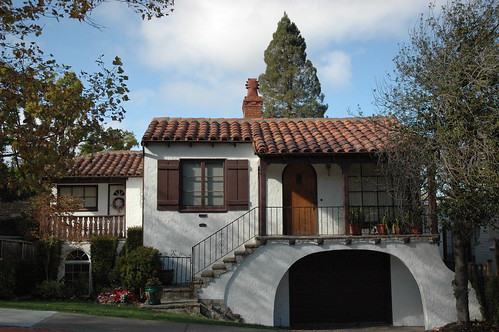
On the surface, a reverse mortgage seems like an excellent way to supplement your retirement income. By using your house as collateral, a bank will pay you (instead of you paying them) its equity (value) back to you in monthly installments. By taking into account their hidden fees and with the eventual loss of title of ownership, the following paragraphs will argue that this type or mortgage may not be such a great idea after all.
The reverse mortgage originated in 1989. In that year, the Federal Housing Administration, under the direction of the U.S. Department of Housing and Urban Development, started a program called Home Equity Conversion Mortgages. As Mortgages in Canada are available to property owners over the age of 62, their relative ease in being obtained and popularity through clever advertising, made them grow at an exponential rate. Some Expert Witnesses claim that these home loans covered even the post-construction procedures, such as surveys and inspections.
Under their terms, the home being mortgaged must be your primary residence. The amount of money that can be paid to you is based upon the equity of your house. If you have other mortgages in force (with using your home as collateral), the remainder of your equity will be the basis upon which the funds will be derived. Payments made you can be in one lump sum, in installments for the rest of your life, or as a credit line. Another plus is that this source of income is not subject of income tax.
The duty to repay the loan is deferred until either: your die (as being the homeowner), your home is sold, you move out and no longer live there, or you are not in compliance with the terms of the loan. In addition, there are neither income requirements nor a verification of credit worthiness. The maximum amount you can have that is insured by the FHA is $625,000.00. Higher amounts are available, but they are not government protected and are subject to additional fees.
The costs related to this type of unorthodox financing are as follows: 2% of the appraised value of your home for mortgage insurance, an origination fee set at 2% of the value of your house or $2,500.00 (whichever is higher), title insurance at $1,500.00, an escrow fee for the same amount, and a one-time real estate appraisal fee (usually set at $600.00. By examining them in detail, the costs involved with a reverse mortgage are almost as expensive as with a traditional home loan.
If one agrees to these terms and makes this serious commitment, what happens to your house if you must live in an assisted living facility? Wouldn’t you want your home to be under your family’s control and not a bank?
(Source: F. Bentley Mooney, Esq. “Reverse Mortgage v. Private Annuity: A Comparison.” CA Trusts and Estates Quarterly. Vol. 18, Issue 2, April 2012).
